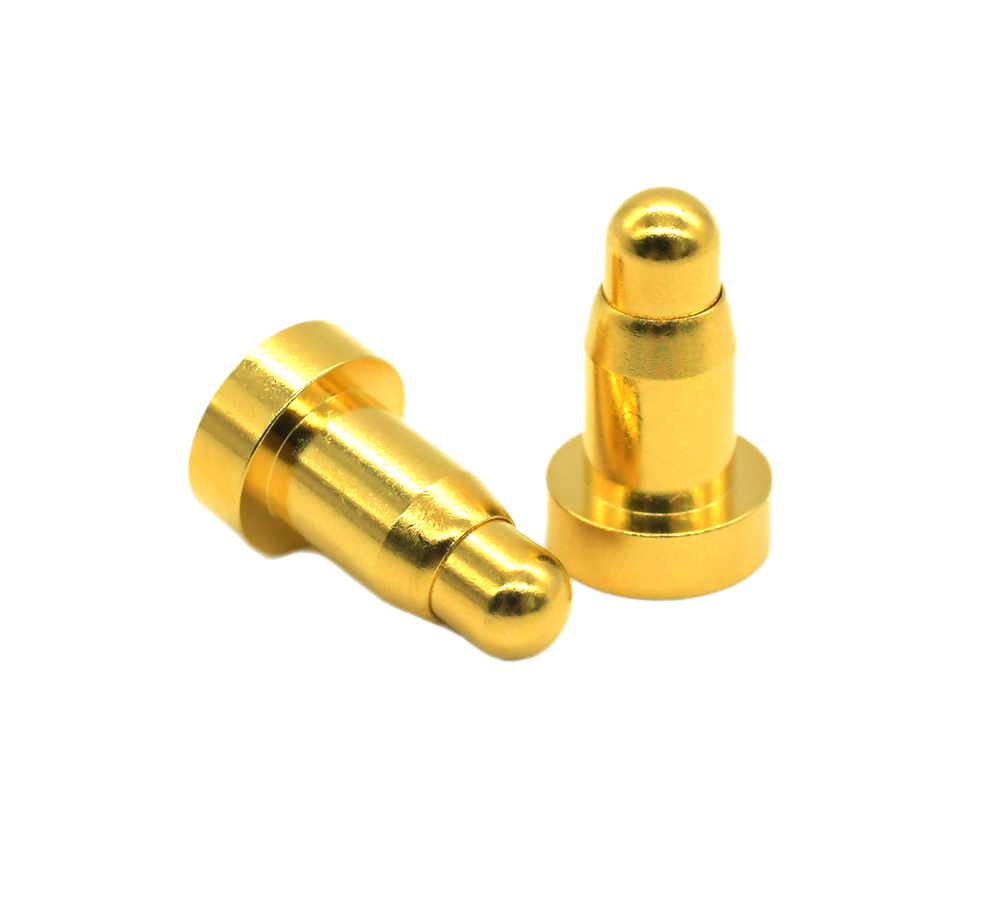Time:2025-05-06 Views:1 source:News

Performance testing of double - ended pogo pins is necessary to verify their functionality, reliability, and compliance with industry standards. A comprehensive set of tests is conducted to evaluate various aspects of the pogo pin's performance.
Electrical performance testing is one of the primary focuses. Contact resistance testing measures the electrical resistance between the two ends of the pogo pin when it is in contact with a mating surface. This is typically done using a precision ohmmeter. The test is repeated multiple times under different conditions, such as varying contact forces and temperatures, to ensure consistent performance. Insulation resistance testing is also carried out to check the electrical isolation between the pogo pin and its surroundings. High - voltage insulation testers are used to apply a specified voltage and measure the resulting leakage current. A high insulation resistance value indicates good electrical isolation and prevents short - circuits.
Mechanical performance testing includes force - displacement testing, which measures the force required to compress the pogo pin and the resulting displacement. This test helps to determine the spring characteristics, such as spring rate and maximum compression force. Fatigue testing involves subjecting the pogo pin to a large number of mating and demating cycles to simulate real - world usage. After the fatigue test, the pogo pin is inspected for any signs of wear, deformation, or failure. The contact force of the pogo pin is also tested to ensure that it remains within the specified range throughout its service life.
Environmental performance testing is crucial for applications where the pogo pin will be exposed to different environmental conditions. Tests such as temperature and humidity cycling, salt - spray testing, and vibration testing are conducted. Temperature and humidity cycling tests simulate the pogo pin's exposure to varying temperatures and humidity levels over time to assess its durability. Salt - spray testing evaluates the corrosion resistance of the pogo pin in a salt - mist environment, which is relevant for applications in coastal areas or industries with high humidity and salt content. Vibration testing simulates the mechanical vibrations that the pogo pin may encounter during operation to ensure that it can maintain its electrical and mechanical integrity.
Read recommendations:
Customized services for magnetic connectors